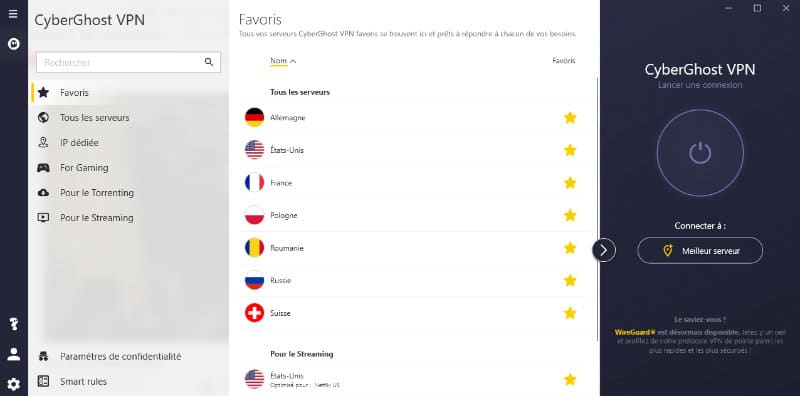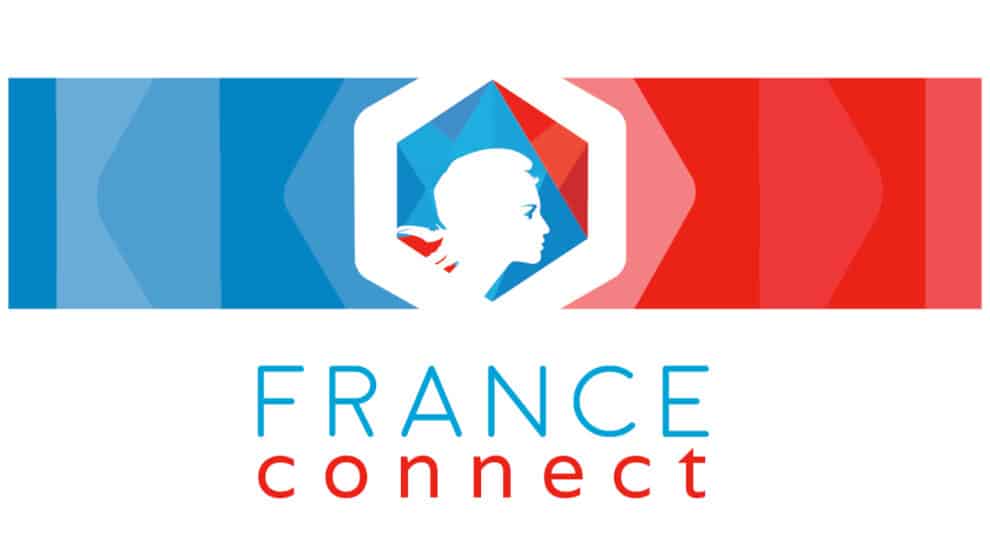VPN: all the same, all bogus? Finally the truth! 😱
VPNs are not services with miraculous properties like YouTubers who are highly paid to talk about subjects they don’t understand. Because the purpose of a VPN is to encrypt your Internet traffic so that no one can know what goes through your pipes: neither the police, nor your Internet service provider, nor a hacker, nor the charming Ursula von der Leyen … Nobody. Normally VPNs are… free. Yes, it is quite easy to make a vpn at home with a small server (like a €40 Raspberry Pi with an OpenVPN), but it requires some knowledge, some maintenance: in short, some involvement.
Contents
Why Choose a Paid VPN?
However, not everyone has time to deal with this. Fully understanding the desire of Internet users to hide their activity and preserve their privacy without getting too involved, new types of services have emerged: SudVPN, ViteVPN, SurfCrevette, etc. To stand out, they had to add a little extra to the encryption: the possibility of changing the IP of the user-client and of domicile in the country of his choice. The number of available countries and servers has even become a sales argument, while it is very rare to need an IP domiciled in Sri Lanka, Laos or Greenland. But what is the point in the end since with a server in France, faster and encrypted, you slip through the cracks of HADOPI and you run no risk of leaking your personal data?
Choose your country of cyber-residence!
Three good reasons to change IP:
► You want to access a site that is no longer available on the French Web. Yes, a site like the Yggtorrent Torrent tracker which is sometimes scratched from the shelves a French IP, but that’s not all since since the LOPSI law, it is possible to suspend a URL from the French Internet without even the decision to a judge: an aberration bordering on despotism.
► You subscribe to Canal+, RMC Sport, OCS or beIN Sports and you find yourself on vacation in Algeria, Thailand or Suriname? With your foreign IP it is impossible to watch the programs for which you pay. You will be blocked… Even with an app to watch TV like SFR TV. Joséphine Ange Gardien, despite her powers, is not welcome In Germany, Senegal or Australia. With a French IP, the case is in the bag.
► You are in France, but you want to see programs to which you do not have access? The Japanese Netflix or the American Disney+ are “classics” when it comes to selling you a VPN, but there is also free content from channels around the world. Formula 1 is on Canal+ and you don’t want to pay? Why not take an Austrian IP and watch the race on the free Austrian channel ServusTV? Are you more into football? Did you know that unlike France, many countries broadcast the Champions League for free and live on local channels? For the next PSG – Juventus or Tottenham – OM, it is possible to take an Italian or Russian IP to see the match since in these countries, the matches are often broadcast in clear. Of course, the comments will be in Italian or Russian, but does it really matter?

Features to make your life easier…
In addition to their exotic IPs, VPNs add small features that added together offer a more user-friendly service. Already the interface is very simple. Whether on a mobile (Android/iOS) or a computer (Windows/Mac/Linux), all you have to do is install the program or app and click a button to encrypt your traffic. Then there are many safeguards: white list to ensure that traffic via the VPN is bypassed (some apps, banking in particular, do not like VPNs), the Kill Switch which allows you to cut off access to a server if it becomes vulnerable (maintenance happens), the possibility of being notified if one of your passwords is corrupted, etc. In short, apart from a few small differences, the best known VPNs on the market are almost all the same. To stand out, some will bet on speed, security or the laws of the country where they are domiciled, but the truth is that the 5 biggest in the sector are almost at the same level. On the other hand, the price can vary from simple to double…
CyberGhost: there is less good, but it is more expensive…
We test all the VPNs on the market and have come to the following conclusion: all known commercial VPNs are more or less equal. So why take one service more expensive than another? In this category of commercial VPNs with many servers in many countries, the cheapest remains CyberGhost. Moreover, when you see the prices with very attractive reductions, know that this is also a trick that is practiced by all of these services… Like all VPNs of this type, it displays crazy discounts all year round. These are not misleading practices: the -83% discount is calculated on the price you will have to pay by choosing a monthly formula of €12.65. In the case of CyberGhost, a 3-year subscription costs €82.29, but you also have 3 months free: that’s €2.11/month over 39 months. Unlike other VPNs, which are more expensive, these prices are inclusive of VAT: there is no tax to add. Do you think that 3 years is a long time and you are not sure that CyberGhost will please you? You have 45 days to reconsider your decision and request a refund. For comparison, at ExpressVPN, you will have to pay €81 for only 15 months of protection, i.e. a price of €6.75/month. ExpressVPN is therefore 3 times more expensive than CyberGhost for similar speed, but with fewer slots and additional paid options. Also note that CyberGhost is based in Romania, with privacy-friendly laws. These are not empty promises, the VPN regularly publishes a report with inquiries from police around the world. Of course, these requests remain a dead letter…
On mobile, CyberGhost is just as easy to use. It is also possible to encrypt all Internet traffic in the house by installing the VPN on your router. If you want to do it on a case-by-case basis, CyberGhost allows you to protect 7 devices at the same time: mobile, computer, TV, console, tablet, etc.


